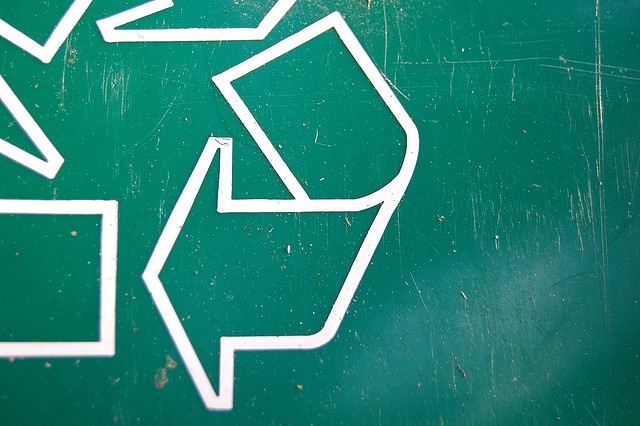More recently I’ve been thinking more and more about the world my own children will grow up in, and whether or not they’ll have the resources they need to live as comfortably as I have. I worry about this sort of thing all the time; every time I see something on the news, I concern myself with the future and whether or not the ones I love will be able to live their lives. I drive myself sick with worry sometimes, and it’s inspired me to start looking at solutions.
I’ve always been proponent of green waste management and recycling, as well as doing my bit to ensure the world is safe for future generations. As we also try to find more answers to the burning issues of housing shortages, climate change, and overpopulation, it seems the answer could be staring us in the face. Recycled materials are unfortunately seldom used in construction, and I believe we are missing out on an excellent opportunity to create sustainable housing with little detrimental effect to our resources or the environment.
Recycling rates around the country are falling, despite more green targets being put into place and more people educating themselves on the effect of neglecting the environment. If people knew that their recycling efforts had a more immediate and concrete purpose, they would take the time to recycle more.
Living in Brighton, I’ve seen the great results recycling can attain; the house of waste, which was built by the University of Brighton, stands as a testament to what recycling can achieve if used correctly, and for the right purposes. The house itself was constructed from a wide range of everyday disposed items, such as tyres, toothbrushes, VHS tapes, shoes and clothing, ceramic material, and various garden waste.
Architect Duncan Baker-Brown, who helped design the project, talked more about how housing today is completely anti-waste management. “It’s a depressing fact that for every five houses we build in the UK, the equivalent of one house in waste materials gets put into landfill.” Most of this landfill is also still completely usable, yet it is left in the ground, unable to decompose, and is expected to last there for centuries. A more creative and pragmatic approach to this waste usage, as opposed to simple disposal, could ultimately help us create better housing for the entirety of the UK, and ensure future generations have suitable places to live.
Other countries are also embracing the uses of recycled materials for housing. In Cyprus, the Cyprus College of Art in Lempa now has a lecture building made entirely from waste material. This has been used to cut costs in the construction process, as well as create a building that is better for the environment. It is being used as a major example to others in Cyprus that the best approach is to recycle.
With such an abundance of recycled materials, we’d most certainly have enough to begin constructing a wide range of housing. Importantly, this housing would be cheap to construct, and therefore be affordable for the people who need it most. This approach to affordable housing not only benefits the environment, but also local councils looking for cheaper yet sustainable solutions to the housing crisis.
Giving people a reason to recycle could be the key to keeping recycling rate up. The cost of ignoring our need to recycle will not only cause us short term problems, but long term for future generations, our quality of life will suffer, and I don’t want my children to grow up in world like that.



